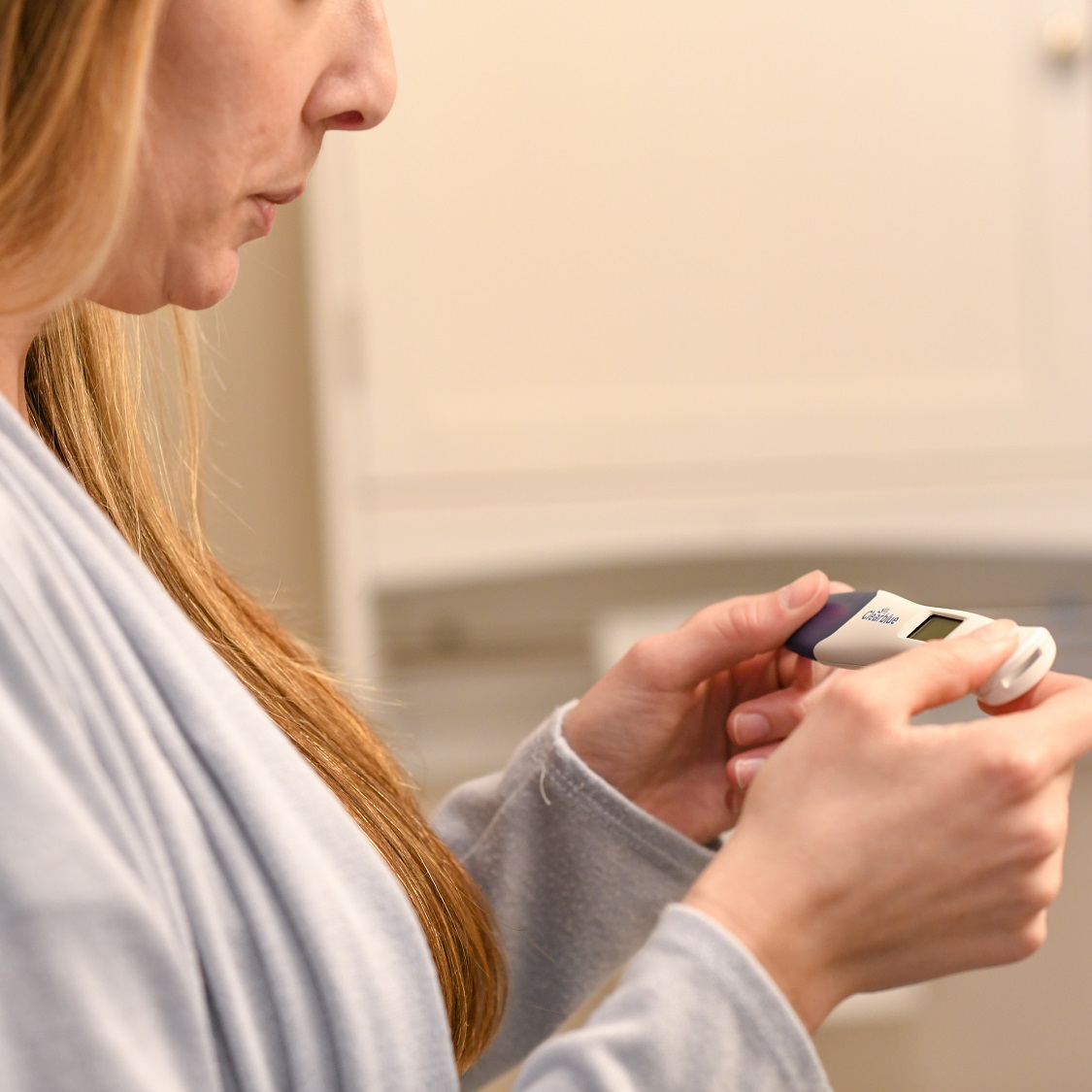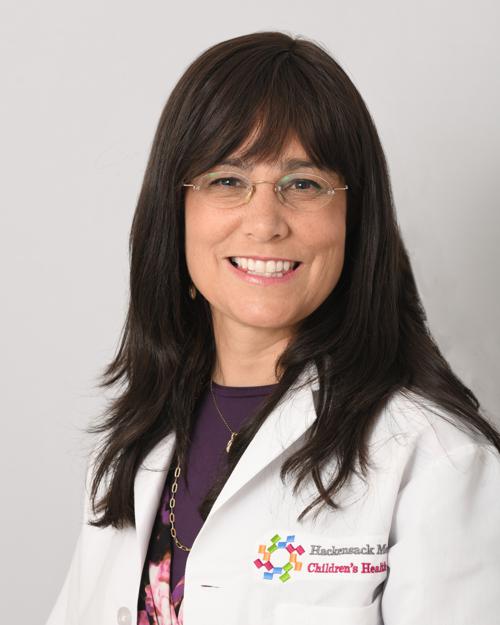PCOS vs. Endometriosis: What’s the Difference?

August 10, 2021
Polycystic ovary syndrome (PCOS) and endometriosis are both chronic conditions that affect women of childbearing age. And although both conditions affect female reproductive organs, may cause infertility and require ongoing medical management, they have unique symptoms and causes.
According to Heather L. Appelbaum, M.D., director of pediatric & adolescent gynecology at K. Hovnanian Children’s Hospital at Jersey Shore University Medical Center, understanding the difference between PCOS and endometriosis can help women identify worrisome symptoms and seek appropriate medical care.
What is PCOS?
PCOS is a lifelong hormonal disorder that often appears early in a woman’s reproductive years and is one of the most common causes of female infertility. Common symptoms of PCOS include:
- Infrequent or irregular menstrual cycles
- Elevated androgen (male hormone) levels, which can cause acne and excess facial or body hair growth
- Insulin resistance, which increases the risk of Type 2 diabetes and obesity
“Women who have PCOS also develop cyst-like follicles on their ovaries that prevent them from releasing eggs, which causes infrequent or irregular menstrual cycles and decreased fertility,” says Dr. Appelbaum.
What is endometriosis?
Endometriosis occurs when tissue that normally lines the inside of the uterus grows outside the uterus in places on or around the ovaries, fallopian tubes, and the tissue that lines the inside of the pelvis. Each month, this endometrial tissue can break down and bleed, resulting in pelvic pain.
“Because the endometrial tissue in the pelvis has no way to exit the body, women with endometriosis bleed internally,” says Dr. Appelbaum. “The endometrial tissue in the pelvis causes internal bleeding, which causes pain and scar tissue.”
Common symptoms of endometriosis include:
- Painful periods
- Heavy periods or bleeding between periods
- Pain during intercourse, bowel movements or urination
- Infertility caused by the development of scar tissue
The severity of a woman’s endometriosis symptoms doesn’t necessarily predict the extent of disease or fertility compromise.
“A diagnosis of endometriosis is made during laparoscopic surgery, and sometimes we find that women who have extensive disease experience little pain while others with mild disease have severe pain,” says Dr. Appelbaum.
What are the differences between PCOS and endometriosis?
Although PCOS and endometriosis both affect female reproduction and can cause infertility, they are distinctly different.
PCOS is caused by a problem with hormones, and endometriosis is caused by abnormal cell growth outside the uterus. Both require medical management, but because PCOS is a hormonal condition that affects multiple body systems, collaborative care is essential.
“Patients with PCOS can benefit from working closely with a number of specialists beyond a gynecologist,” says Dr. Appelbaum. “For example, your gynecologist, along with an endocrinologist, dermatologist, and registered dietitian should all collaborate to develop a care plan,” says Dr. Appelbaum.
How are PCOS and endometriosis treated?
PCOS and endometriosis both require ongoing treatment, often with medication. However, both conditions are treated differently depending on whether a woman is currently trying to become pregnant.
Adolescents with PCOS or endometriosis often present with different symptoms than adults and can be more challenging to accurately diagnose.
“Fertility preservation is a primary consideration for young women with PCOS or endometriosis,” said Dr. Appelbaum.
If surgery is recommended for endometriosis, Dr. Appelbaum said it’s critical to find a gynecologic surgeon with experience.
“A surgeon who is experienced and confident in treating endometriosis can diagnose and treat the condition during the same laparoscopic procedure, eliminating the need for two procedures,” said Dr. Appelbaum.
Next Steps & Resources:
- Meet our source: Heather L. Appelbaum, M.D.
- To make an appointment with a health care provider near you, call 800-822-8905 or visit our website.
The material provided through HealthU is intended to be used as general information only and should not replace the advice of your physician. Always consult your physician for individual care.
Find a doctor near me
Clinical Contributors

Do You Feel Like Your Bladder Is Dropping?
Pelvic organ prolapse treatment options available. Dr. Bhatia offers solutions for pelvic pressure, incontinence, and other symptoms. Learn more & schedule an appointment.

Things No One Told You About Postpartum, But We Will
Your body changes drastically during pregnancy and after child birth. Here’s a closer look at what you can expect during this pivotal period.
Find a doctor near me

7 Tips to Prepare for Your First Mammogram
Prepare for your first mammogram with Dr. Chuang's 7 tips. Learn how to ease anxiety and ensure a smooth experience at Mountainside Medical Center. Schedule now.

How Early Can You Go Through Menopause?
Early Menopause: Learn about causes, symptoms, and treatment options from Dr. Steven A. Morgan. Call 800-822-8905 for support.

Why am I Not Getting Pregnant When Everything is Normal?
If you and your partner know that each of your reproductive systems is healthy, here are some possible reasons why you haven’t been successful just yet.

5 Symptoms You Should Tell Your Gynecologist About
Don’t ignore these concerning symptoms you should tell your gynecologist about.

